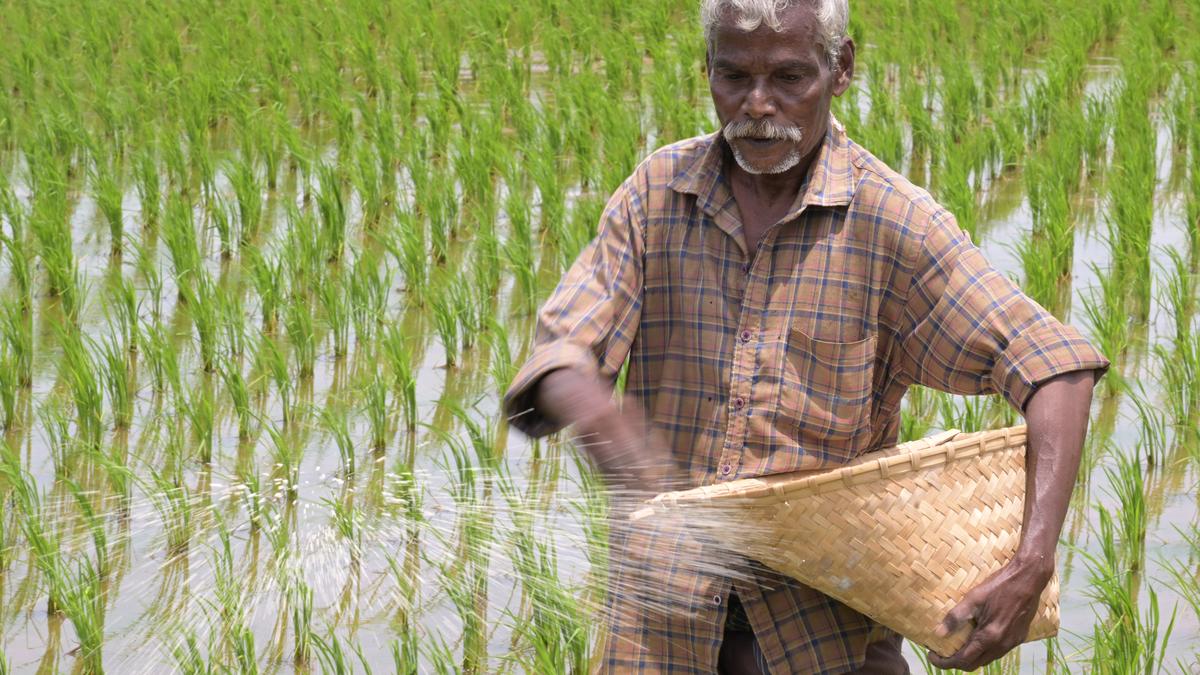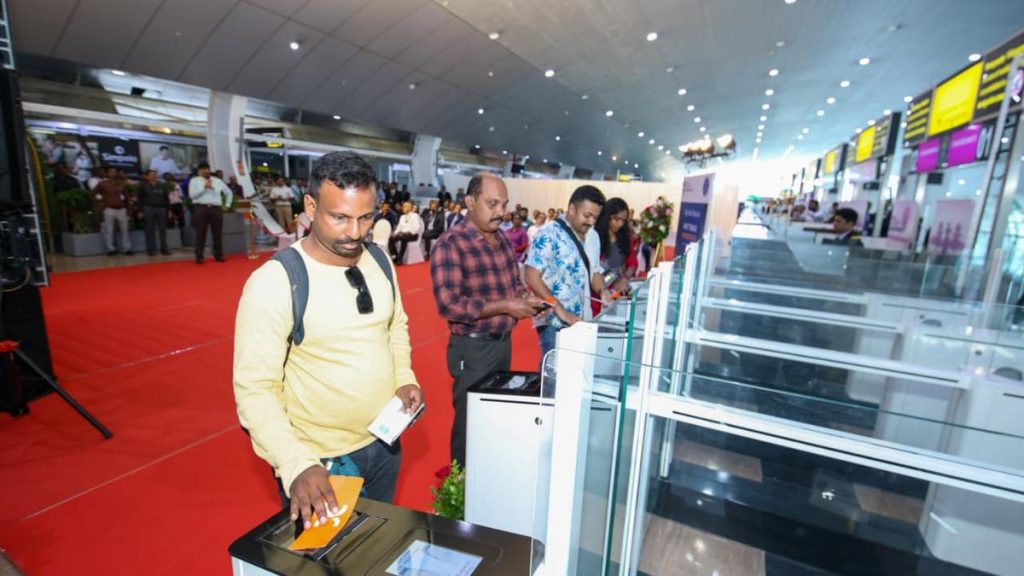Now Reading: Kerala Horticulture Mission Advises Farmers to Utilize Post-Harvest and Marketing Schemes
-
01
Kerala Horticulture Mission Advises Farmers to Utilize Post-Harvest and Marketing Schemes
Kerala Horticulture Mission Advises Farmers to Utilize Post-Harvest and Marketing Schemes

Quick Summary
- Teh State Horticulture Mission (SHM) Kerala has allocated ₹30 crore for infrastructure development in horticulture, focusing on post-harvest management and marketing in 2025-26.
- Projects cover crops including vegetables,fruits,flowers,spices,and plantation crops.
- Assistance will be provided for setting up solar crop dryers, integrated packhouses, cold rooms, pre-cooling units, primary processing units, rural markets development, and purchasing reefer vans.
- Subsidies include:
– Up to 50% assistance for farm-gate packhouses.
– A 35% subsidy for integrated packhouses costing ₹1.60 crore and pre-cooling/cold room setups with varying cost thresholds.- A 40% subsidy on solar crop dryers and rural market establishments costing ₹25 lakh.
- Eligible applicants include cooperative institutions involved in post-harvest activities as well as farmers’ collectives such as FPOs (Farmer Producer Organisations), NGOs, self-help groups (SHGs), Krishi Vigyan Kendras (KVKs), public-sector institutions like Kerala Agricultural University and ICAR entities.
- Applications can be submitted at District Horticulture Missions until September 15 via relevant agricultural offices.
Indian Opinion Analysis
The SHM’s initiative marks a significant investment in infrastructure aimed at strengthening Kerala’s horticultural sector by addressing critical gaps in post-harvest management-a longstanding challenge for Indian agriculture where logistical inefficiencies ofen lead to wastage of produce. Subsidizing projects like cold chains and rural market development demonstrates foresight towards enhancing not only productivity but also income generation among farmers.
Encouraging participation from varied stakeholders-individual farmers to large cooperatives-shows inclusivity; though timely execution of these schemes will require streamlined governance across district missions to ensure equitable access to subsidies within the stated deadlines like September applications.
Long-term impacts hinge on the effectiveness of project implementation as improved storage facilities or transport mechanisms like reefer vans could potentially reduce wastage rates while fostering better direct-to-market connectivity that aligns with sustainable growth goals for smallholders across sectors spanning vegetables to spices.






















